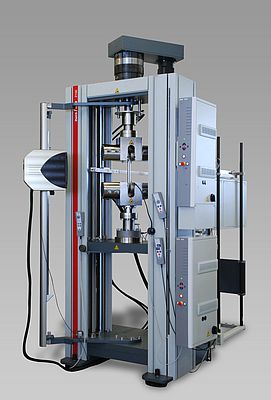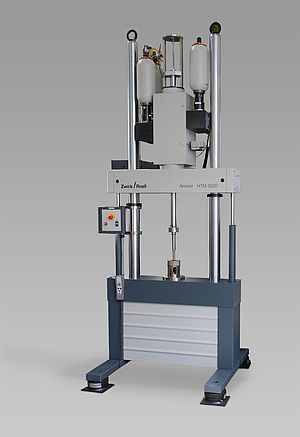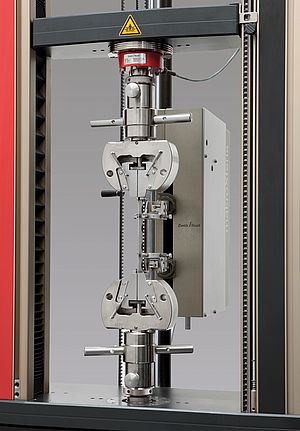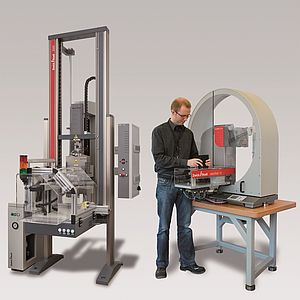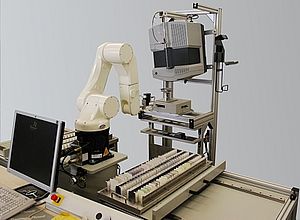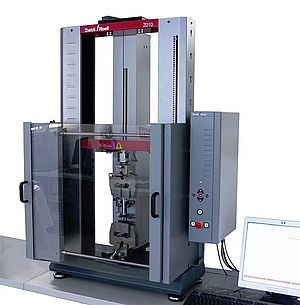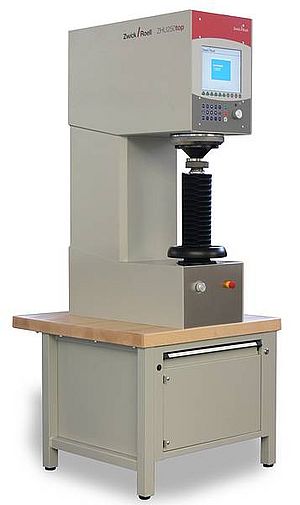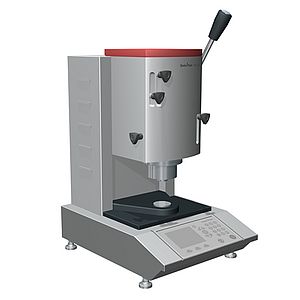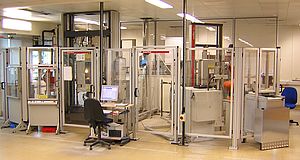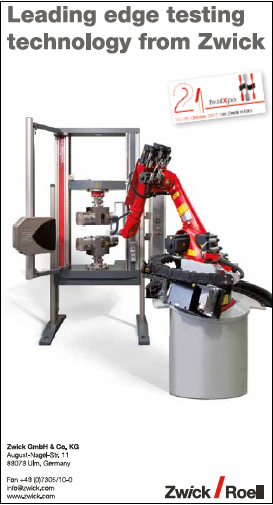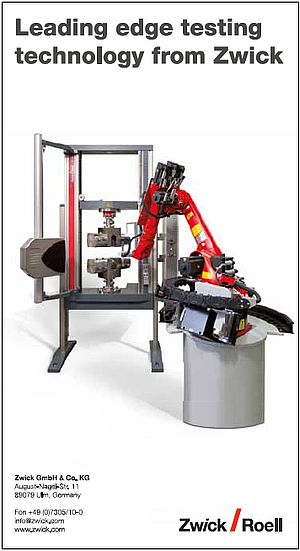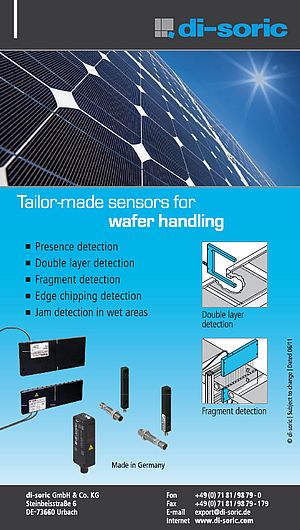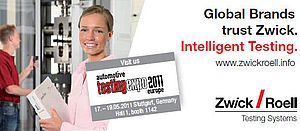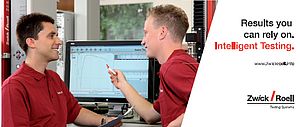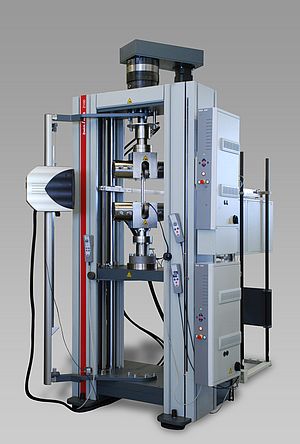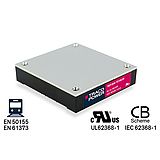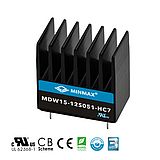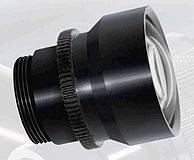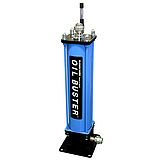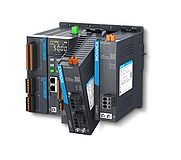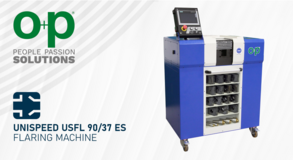Torsion testing machines are used in almost all branches of industry to perform rotary angle measurements on materials and components over a defined torque range, the key parameters being torque, resolution and repeat accuracy. Zwick has a range of testing machines to suit varying requirements while offering various installation options. These include the TorsionLine and ZwickiTorsion, together with table-top and floor-standing testing machines with torsion drive . The principal customers are universities/institutes and the automotive and medical industries. The torsion solutions are based on the company's standard load frames. This ensures a high level of flexibility, as the machines can be used with any available standard fixtures and software modules. The TorsionLine, with maintenance-free AC servo drives and horizontal test axis, is designed for 20, 200, 500, 1,000 and 2,000Nm loads. It offers a high level of stiffness and guarantees precise rotary angle measurement over the entire torque range, while the high resolution enables excellent repeat accuracy to be achieved. For uniaxial and biaxial torsion testing (tensile or compression combined with torsion) of materials and components there are torsion drives combined with zwicki-Line materials testing machines. This combination, in which the test axes can be synchronized via the testing software, can be used for tests from 2 to 20Nm. Another solution is the integration of torsion drives into table-top and floor-standing testing machines for torques from 2 to 200Nm or 100 to 2,000Nm. The torsion drive can be mounted on either the upper crosshead or the moving crosshead. If necessary the torque transducers can be combined with a load cell. All the machines described above feature testControl measurement and control electronics, simplifying performance of torsion tests for the operator. Typical medical industry products requiring torsion tests include insulin pens, implants, bone-screws and luer-lock cones (connecting system for hose systems). In the automotive industry, uses range from rotary switches to clutch elements to drive shafts.


